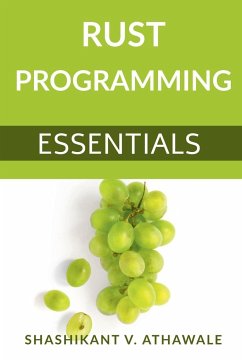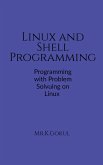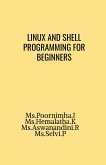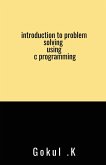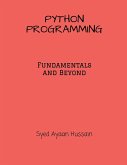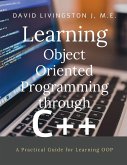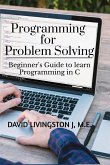Key Features: For application-level programming, modern programming languages such as Python, JavaScript, and Java are becoming more popular, but for systems programming, Rust promises the best of both worlds: Java's type safety and C++'s speed and expressiveness, as well as memory safety without the use of a garbage collector. If you're new to Rust and systems programming and want to construct dependable and efficient systems software without using C or C++, this book is a great place to start. The book offers a novel approach by beginning each chapter with key functions. You'll move on to more advanced topics as you improve. Before learning how to utilize and build Rust with Web Assembly, you'll explore network programming, focusing on features such as working with low-level network primitives and protocols in Rust. You will have the practical skills to create systems software tools, libraries, and utilities in Rust by the end of this Rust programming book. What you'll discover Examine the memory layout of Rust programmers to learn more about memory management.Learn about the Rust Standard Library's capabilities and features.To boost productivity for future Rust programming projects, look into external crates. Who is this book for? This book is for developers who have a basic understanding of Rust but little or no experience with systems programming. This book will be valuable for system programmers who want to consider Rust as an alternative to C or C++.
Bitte wählen Sie Ihr Anliegen aus.
Rechnungen
Retourenschein anfordern
Bestellstatus
Storno

